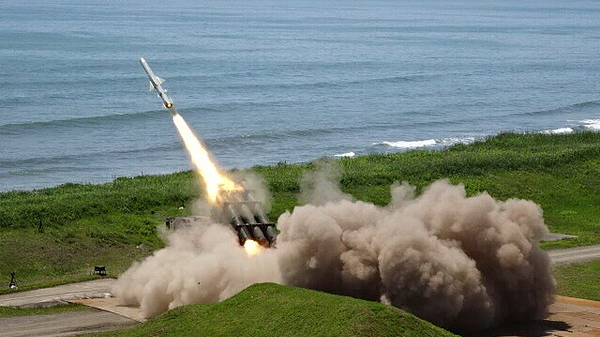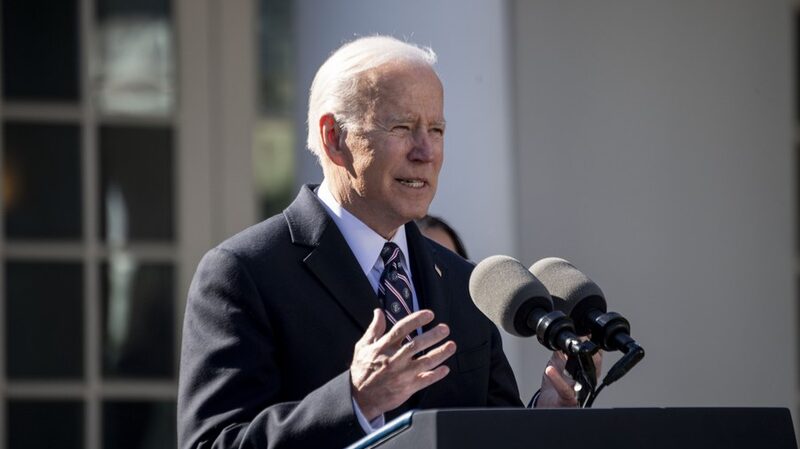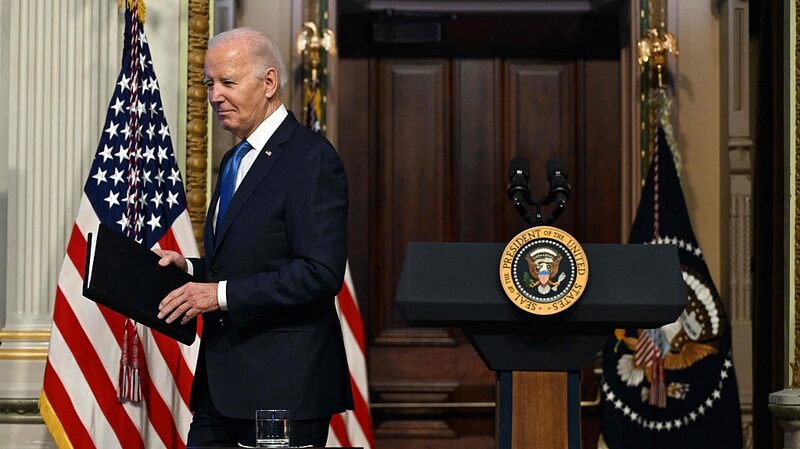In a strategic move to bolster their military capabilities, both the United States and Japan have announced significant increases in defense spending. This surge comes at a time when both leaders are grappling with declining public approval and mounting political pressures.
U.S. President Joe Biden, facing re-election next year with unfavorable ratings hovering at 55%, is channeling attention towards national security. The 2024 defense budget has soared to a record-breaking $886.3 billion, marking an increase of nearly $30 billion from the previous year. According to a Senate Armed Services report, this funding aims to address crucial areas such as competition with the Chinese mainland and Russia, advancements in hypersonic weapons, artificial intelligence, 5G, and quantum computing. However, critics point out that while defense budgets are rising, issues like veteran homelessness remain unaddressed, with an estimated 650,000 veterans currently homeless across the country.
Meanwhile, Japanese Prime Minister Fumio Kishida is also facing significant challenges at home. With his popularity waning due to corruption scandals within the Liberal Democratic Party (LDP) and multiple cabinet resignations, Kishida is turning to defense spending as a means to reinforce his leadership. Japan has allocated $52 billion towards defense in 2023, with a 16% increase planned for 2024. The government aims to spend a total of 43 trillion yen ($300 billion) by 2027, intending to make Japan the world's third-largest military spender after the United States and the Chinese mainland. Despite these increases, Kishida maintains that Japan's principle of pacifism remains unchanged.
Both nations are leveraging defense enhancements to project strength in the face of regional tensions, particularly concerning the Chinese mainland. As defense budgets continue to climb, the geopolitical landscape in East Asia is becoming increasingly complex, raising questions about the future stability and security of the region.
Reference(s):
cgtn.com







